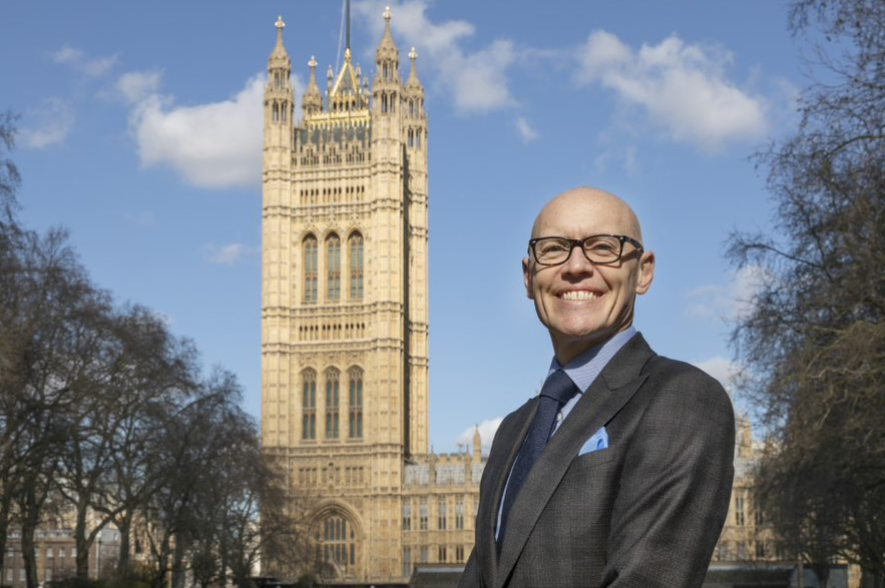
Today (17 November) saw the government announce its long awaited export strategy which bids to increase UK exports to £1tn a year.
The strategy, entitled ‘Made in the UK, Sold to the World’, includes a 12-step plan to boosting UK export performance, which you can read more about here.
IOE&IT director general Marco Forgione here issues his response to the new strategy:
“We welcome the new export strategy. Getting support for exporters right should be our top trade priority. The steps outlined in the strategy to boost the Export Support Service are very positive.
“We are excited by the expansion of the Export Academy and the emphasis that it puts on the massive improvements to trading performance that can be gained from the right training and support – something we at the IOE&IT have known for a long time.
“The UK is a trade in services superpower, the second biggest exporter of them in the world, so it makes sense to set up a Trade in Services Council to champion services, including where they overlap with our trade in goods.
“It is also good to see a new programme to support UK companies to attend trade shows which can be such an important part of the marketing mix.”
Digital trade
The government’s new strategy comes hot on the heels of a new paper by the IOE&IT on the opportunities that digitising trade will create for businesses, published yesterday (16 November).
Speaking at a launch event for the paper, entitled ‘The Digitalisation of Trade: SMEs Driving Innovation’, Forgione said:
“Digitalisation is most often talked about in connection with trade as a transformative technology, something that will help traders to trade more efficiently, faster and compliantly. International trade is a force for good, transforming nations and communities. Digital technologies can help it do that on a fair and sustainable basis.”



